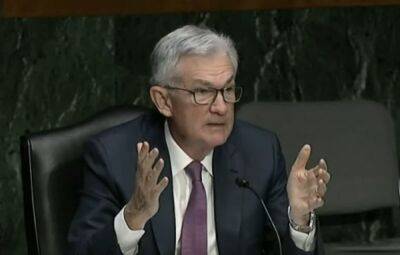Fed to issue long-awaited guidelines for granting master accounts to crypto banks
The United States Federal Reserve Board announced Monday that it had finalized its guidelines for the factors reserve banks are to consider when reviewing requests for Federal Reserve accounts and payment services. The guidelines create a three-tiered review framework with the level of due diligence to be provided, depending on the applicant’s risk level.
Guidelines were first proposed in May 2021, with a supplemental proposal released in March, and the final guidelines, which come into force after their publication in The Federal Register, are “substantially similar” to them. The Fed said in a statement that:
Nonetheless, it continued, the framework was refined “to provide more comparable treatment between non-federally-insured institutions chartered under state and federal law.” Non-federally-insured institutions that are chartered under federal law but do not have a holding company subject to Federal Reserve oversight will be subject to the most stringent review. Financial institutions need a Federal Reserve account to access the global payment systems.
Related: Fed vice chair Brainard urges faster crypto regulation, touts role for stablecoin
The Fed’s slow approach to granting crypto banks access to Federal Reserve accounts, which are often referred to as “master accounts,” has long raised hackles among crypto bankers. Wyoming introduced rules to allow for “blockchain banks” in 2019. In June, Wyoming-based digital asset Custodia Bank sued the Federal Reserve Board of Governors and the Federal Reserve Bank of Kansas City, claiming that the 19 months it had been waiting to receive a master account exceeded the legally set limits on response time.
The Lummis-Gillibrand Responsible Financial Innovation Act would create
Read more on cointelegraph.com






















